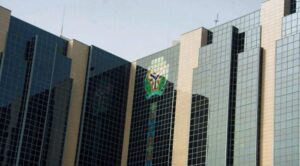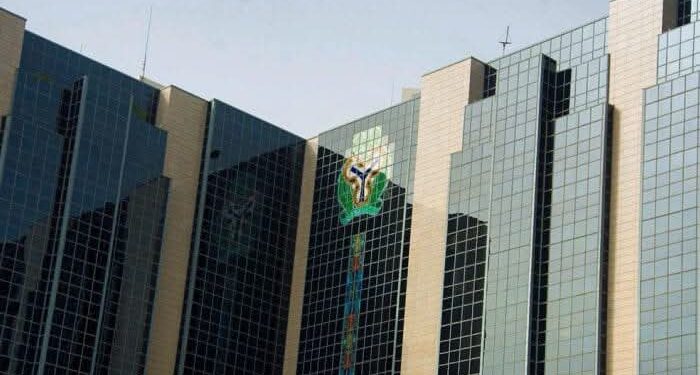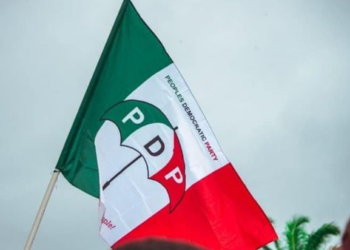
By Ibrahim Kegbegbe
Abuja, Nigeria — The Central Bank of Nigeria (CBN) has reduced the Monetary Policy Rate (MPR) by 50 basis points, bringing it down from 27.5 per cent to 27 per cent, in a move aimed at easing borrowing costs and stimulating investment in Africa’s largest economy.
CBN Governor, Olayemi Cardoso, announced the decision on Tuesday at the end of the Monetary Policy Committee (MPC) meeting in Abuja.
“The Committee’s decision to ease the policy rate is a cautious step towards supporting growth while continuing to monitor inflationary pressures closely,” Cardoso said.
He explained that while inflation remains high, a gradual reduction in interest rates would help encourage private sector credit expansion without jeopardising price stability.
The governor added: “Our priority remains achieving a balance between price stability and economic growth. This adjustment signals our confidence in the progress made so far in stabilising the macroeconomic environment.”
Financial experts have reacted to the development. Dr Bismarck Rewane, Chief Executive of Financial Derivatives Company, described the move as “a delicate but timely adjustment.” He said: “Lower rates should, in principle, ease borrowing costs for businesses. But its real impact depends on whether banks transmit these reductions into lending rates for small and medium enterprises.”
Similarly, Prof. Uche Uwaleke, a Professor of Capital Market at Nasarawa State University, noted that the CBN’s decision could help unlock credit for businesses, though he cautioned that “persistent inflationary pressures could erode the intended benefits if not well managed.”
The Nigerian Employers’ Consultative Association (NECA) also welcomed the cut, saying it could stimulate productivity in critical sectors.
READ ALSO:Oluremi Tinubu’s ₦20.4bn Birthday Fund Revives Stalled National Library
The MPC also retained other key parameters, including the Cash Reserve Ratio (CRR) at 32.5 per cent and the Liquidity Ratio at 30 per cent, to maintain stability in the financial system.
READ ALSO:Senate Unseals Natasha Akpoti-Uduaghan’s Office Amid Suspension Uncertainty
This marks the first rate cut by the CBN in over two years, signalling a possible shift towards a more accommodative monetary stance as the country grapples with sluggish growth, high inflation, and rising unemployment.

















